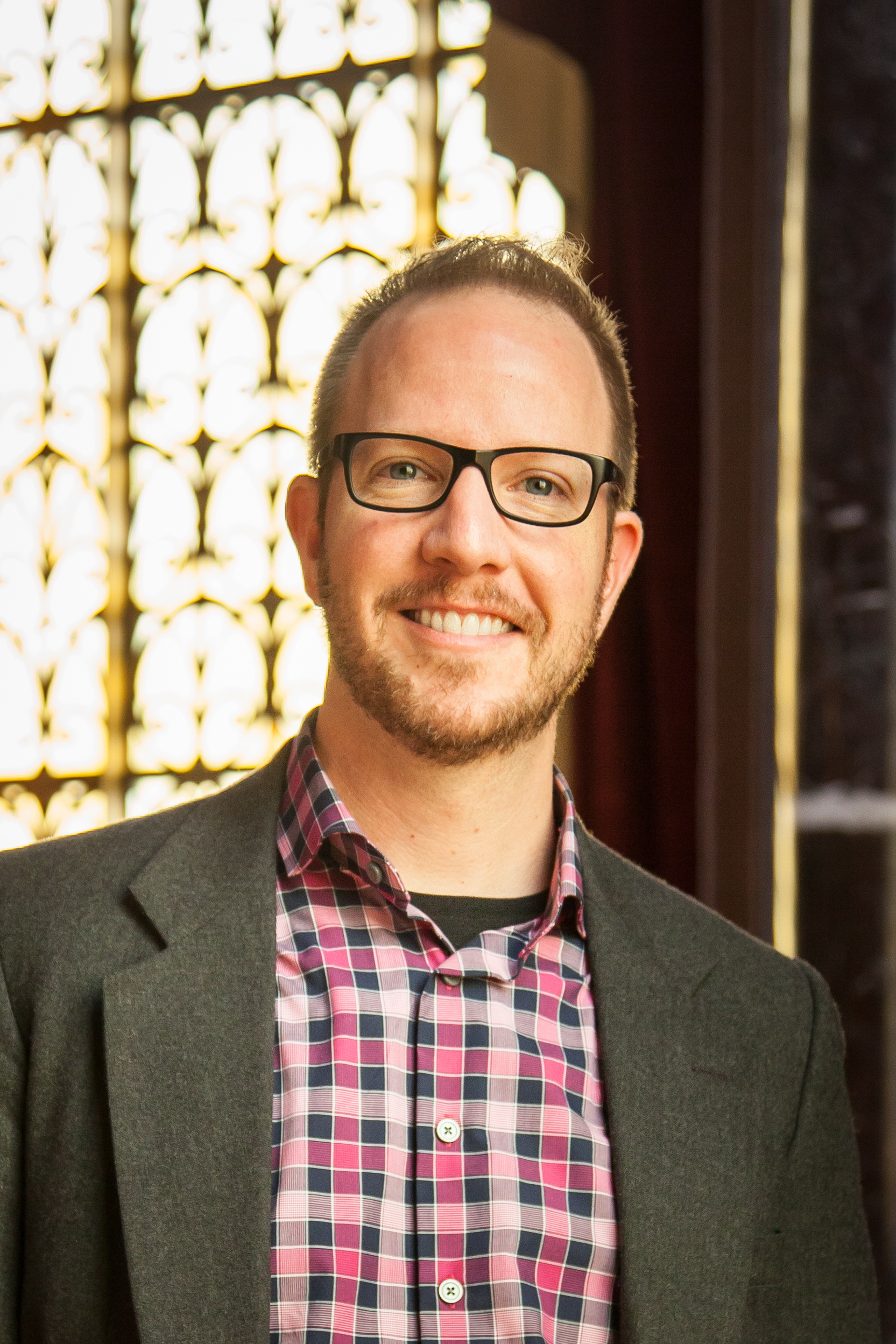Women More Likely to Believe the Bible Is Literally True, But Study Finds this May Have More to Do with Intimacy than Gender
Both men and women who report being very close to God take the Bible more literally, and that increases with prayer and Bible study, Baylor researcher says
Media Contact: Terry Goodrich, 254-710-3321
Follow Baylor Media Communications on Twitter: @BaylorUMedia
WACO, Texas (Feb. 18, 2019) — Women are more likely than men to believe the Bible is literally true, but a recent Baylor University study finds this may have more to do with how people relate to God than it does gender. Both men and women who report high levels of closeness to God take the Bible more literally – and this confidence grows stronger as they seek closeness to God through prayer and Bible study.
The study — “To Know and Be Known: An Intimacy-Based Explanation for the Gender Gap in Biblical Literalism” — is published in the Journal for the Scientific Study of Religion.
“While previous research has shown that U.S. women are more likely to report biblical literalism than men, our study provides an explanation as to why those gender differences may exist,” said study co-author Christopher M. Pieper, Ph.D., senior lecturer and undergraduate program director of sociology in Baylor's College of Arts & Sciences.
For the study, researchers analyzed data from 1,394 respondents in the national Baylor Religion Survey’s third wave. The Baylor Religion Survey is the most extensive study of religion ever conducted into American religious attitudes, behaviors and beliefs, done with initial funding from the John Templeton Foundation and a partnership with the Gallup Organization.
Respondents were asked, “Which statement comes closest to your personal beliefs about the Bible?” and chose one of these responses:
1. “The Bible means exactly it says. It should be taken literally, word-for-word, on all subjects.”
2. “The Bible is perfectly true, but it should not be taken literally, word-for-word. We must interpret its meaning.”
3. “The Bible contains some human error.”
4. “The Bible is an ancient book of history and legends.”
5. “I don’t know.”
Respondents also were asked to respond to each of these items about their attachment to God:
1. “I have a warm relationship with God.”
2. “God knows when I need support.”
3. “I feel that God is generally responsive to me.”
4. “God feels impersonal to me.”
5. “God seems to have little or no interest in my personal problems.”
6. “God seems to have little or no interest in my personal affairs.”
Several questions on proximity-seeking — likened to the behavior of children who seek to build attachments with their primary caregiver— were asked about respondents’ religious proximity-seeking behaviors:
1. “How often do you attend religious services at a place of worship?”
2. “Outside of attending religious services, about how often do you spend time alone reading the Bible?”
3. “About how often do you spend time alone praying outside of religious services?”
Pieper and co-author Blake Victor Kent, Ph.D., now a research fellow at Harvard Medical School and a former Baylor sociologist, noted that men are not inherently less capable of intimacy. Rather, men may seek lower intimacy in their relationships because of how boys are socialized through parents, peers and other cultural mechanisms. Boys, for example, are often taught to mask feelings of vulnerability, a key component of intimacy. At the same time, religious historians note that in the last century and a half, large swaths of U.S. Christianity have moved in a “sentimental” direction, making it difficult for some men to fully participate in emotion-laden religious worship and practices.
“Although this trend is changing, many men are still brought up to be wary of emotions and feeling vulnerable,” Pieper said. “And some religious communities, particularly those with literalist cultures, put a high value on this feeling of intimacy, not only with God but with each other.” However, he said, “Women are more often socialized to experience deep emotional energy when engaging intimately with God, so taking the Bible more literally makes sense because that way God is more like a person, someone you can talk to and who also talks back.”
The authors noted one important exception in their data, in which a small sub-group reported increased intimacy with God despite a less literal view of the Bible. As for the reason, “we can only speculate, but a plausible account is that these respondents may have held a literalist view, later rejecting it after experiencing conflict with a fundamentalist or conservative religious background,” Kent said. “Changing views on the moral acceptability of homosexuality, for example, might create discrepancies . . . These believers may come to find that interpreting the Bible — rather than taking it literally — is more compatible with pursuing an intimate relationship with God.”
This group may be similar to those who have been termed “exiles” – those who grew up in the church and are now disconnected from it physically, but nevertheless remain energized in their personal beliefs, the researchers said.
Further study could be valuable in exploring the tie between literalism and attachment to God, the researchers said.
“While this study highlights an important link between emotional attachments and literalism, it is possible some still wrestle with the Bible intellectually prior to deepening their faith,” Pieper said. “Famous examples of this can be seen, such as (British writer) C.S. Lewis or (physician geneticist) Francis Collins. This path is probably not the norm, but some people work to trust the claims of the faith intellectually prior to engaging in an intimate relationship with God.”
ABOUT BAYLOR UNIVERSITY
Baylor University is a private Christian University and a nationally ranked research institution. The University provides a vibrant campus community for more than 17,000 students by blending interdisciplinary research with an international reputation for educational excellence and a faculty commitment to teaching and scholarship. Chartered in 1845 by the Republic of Texas through the efforts of Baptist pioneers, Baylor is the oldest continually operating University in Texas. Located in Waco, Baylor welcomes students from all 50 states and more than 80 countries to study a broad range of degrees among its 12 nationally recognized academic divisions.
ABOUT THE COLLEGE OF ARTS & SCIENCES AT BAYLOR UNIVERSITY
The College of Arts & Sciences is Baylor University’s oldest and largest academic division, consisting of 25 academic departments and seven academic centers and institutes. The more than 5,000 courses taught in the College span topics from art and theatre to religion, philosophy, sociology and the natural sciences. Faculty conduct research around the world, and research on the undergraduate and graduate level is prevalent throughout all disciplines. Visit www.baylor.edu/artsandsciences.


